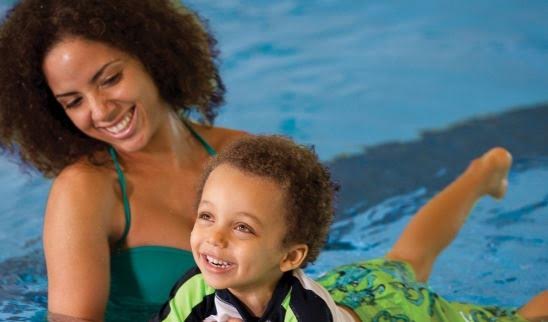The Gift Of Forgiveness And Why It Matters
Charles Stanley, one of our day’s most influential spiritual leaders, shares the key to personal and world peace in The Gift of Forgiveness. Stanley points out that no sin is so shockingly evil it blocks God’s forgiveness nor so trivial it negates the need for God’s mercy.
He shares the specifics of how to go about receiving and giving forgiveness. The Gift of Forgiveness reflects the heart of Stanley’s teaching ministry. In this markedly helpful book, Stanley addresses such questions as how to practice a life of forgiveness in all your relationships and how to make forgiveness an ongoing, practical experience in your life.
Navigating the complexities of being a stepparent can be a rewarding yet challenging journey. As a stepparent, you find yourself in a unique role that demands patience, understanding, and, often, much forgiveness. While the path may not always be smooth, practicing forgiveness is essential in building harmonious relationships and fostering a positive environment for you and your stepchildren.
The Complex Role of a Stepparent
Stepparents play a pivotal role in the lives of their stepchildren. While the role varies greatly depending on individual circumstances, a stepparent often steps into the lives of children who may have experienced loss, change, and emotional upheaval due to divorce, separation, or the loss of a parent. This transition can be challenging for everyone involved, as resentment, jealousy, and confusion can arise.
Why Forgiveness Matters
Forgiveness is not just about letting go of past mistakes or wrongdoings; it’s a powerful tool that allows you to release the emotional baggage that can weigh down relationships. For stepparents, forgiveness plays a crucial role for several reasons:
Healing the Past
The journey of becoming a family in a blended situation often involves addressing past hurts and traumas. By practicing forgiveness, you can heal wounds and create an emotional safety environment for yourself and your stepchildren.
Building Trust
Trust is the foundation of any healthy relationship. By extending forgiveness, you demonstrate your willingness to let go of grudges and work towards a positive future together. This helps build trust with your stepchildren and show them you’re committed to their well-being.
Modeling Healthy Behavior
Children learn by example. When you practice forgiveness, you model important life skills such as empathy, compassion, and conflict resolution. This sets the tone for how conflicts are dealt with within the family unit.
Reducing Resentment
Holding onto resentment can poison relationships and create tension in the household. Forgiveness allows you to release these negative emotions and make room for more positive interactions.
Strengthening Bonds
Forgiveness can lead to stronger bonds between you and your stepchildren. It shows that you’re invested in the relationship and willing to work through challenges, which can lead to a deeper and more meaningful connection.
Tips for Practicing Forgiveness
- Acknowledge Your Feelings: It’s natural to feel a range of emotions as a stepparent. Acknowledge your feelings without judgment and permit yourself to heal.
- Communicate Openly: Engage in open and honest conversations with your spouse and stepchildren. Clear communication can prevent misunderstandings and provide opportunities for resolution.
- Set Realistic Expectations: Building relationships takes time, and conflicts are bound to arise. Set realistic expectations for yourself, and remember that forgiveness is an ongoing process.
- Practice Self-Compassion: Remember to extend forgiveness to yourself as you navigate this complex role. You’re learning and growing just like everyone else.
- Seek Support: If you find forgiveness particularly challenging, don’t hesitate to seek support from a therapist, counselor, or support group. They can provide guidance and strategies for coping with difficult emotions.
Conclusion
As a stepparent, practicing forgiveness is beneficial for your own well-being and the overall health of your blended family. By embracing forgiveness, you’re actively contributing to an atmosphere of love, understanding, and growth.
Forgiveness doesn’t mean forgetting; it means moving forward with empathy and compassion, creating a positive environment where relationships can thrive. Here’s more on forgiveness and stepparenting.







